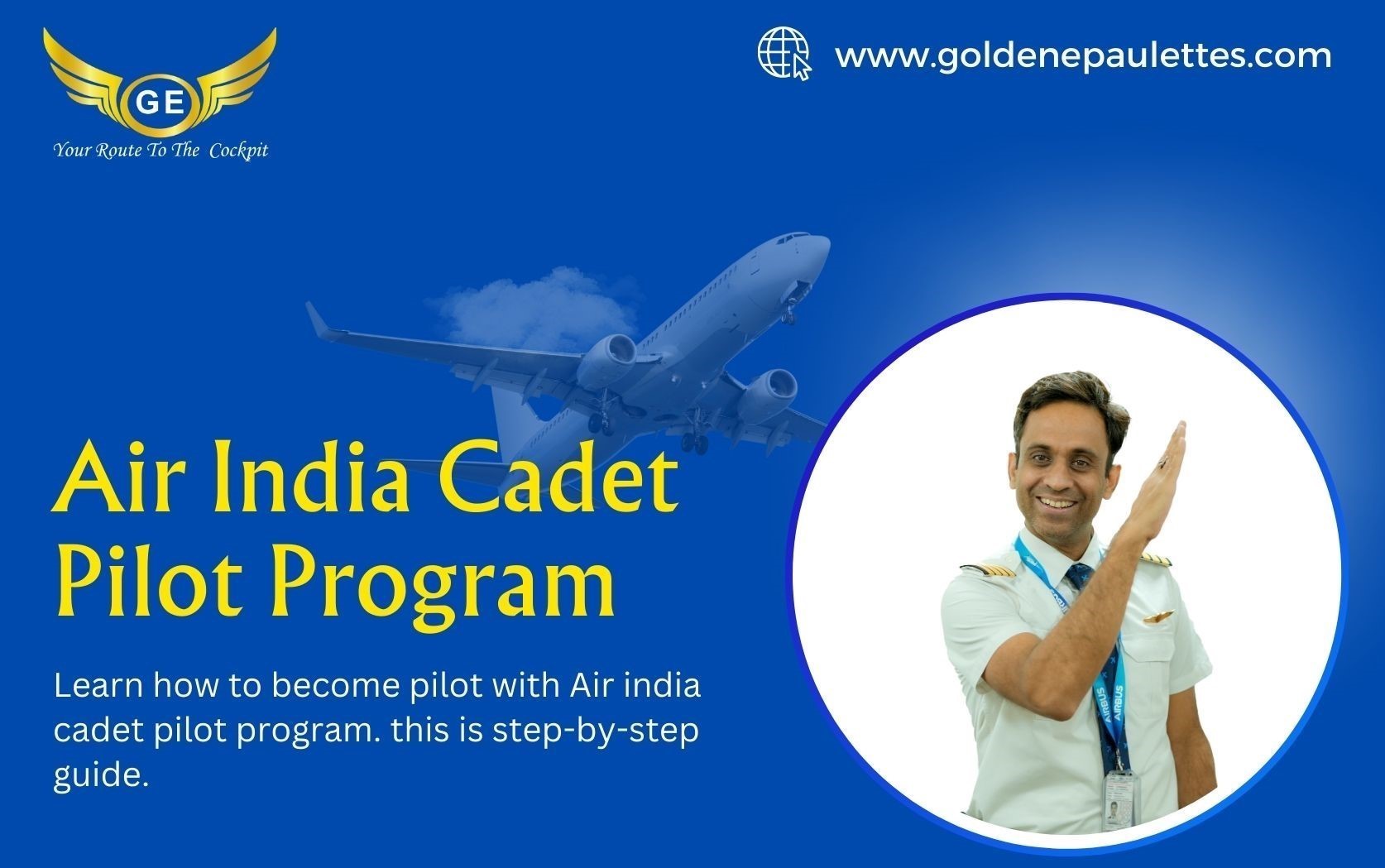The Role of Human Factors in Pilot Training

Strong 8k brings an ultra-HD IPTV experience to your living room and your pocket.
Why Human Behavior Matters in Aviation
In aviation, technical skill alone does not ensure safety. Human behavior, decision-making, and interpersonal communication all play crucial roles in flight operations. These human elements—collectively known as "human factors"—can be the difference between a routine flight and a serious incident. Understanding how humans interact with machines, environments, and each other is essential for producing safe, competent, and resilient pilots.
Integrating Human Factors into Pilot Training
Modern Pilot Training places a strong emphasis on human factors as part of the core curriculum. Trainees are taught to recognize how fatigue, stress, distractions, and even emotional states can impair performance. These lessons are not merely theoretical; they are designed to prepare pilots for real-world challenges where human error remains a leading cause of aviation incidents.
Key areas covered in training include situational awareness, communication, task management, and decision-making under pressure. Students engage in realistic simulator exercises where they face not only technical problems but also cognitive and psychological ones. For instance, managing a high-stress engine failure while coordinating with ATC and a co-pilot teaches how mental workload and communication intersect in the cockpit.
Crew Resource Management (CRM) is another vital part of human factors education. Trainees learn how to share information, distribute tasks, and support team members. CRM is especially emphasized in multi-crew operations, which dominate the commercial aviation landscape in India and worldwide.
Why Human Factors Are Even More Crucial in Indian Aviation
India’s aviation sector presents a unique operating environment that adds layers of complexity to human factors. From congested airspaces in metro cities to unpredictable weather patterns and diverse terrain, pilots must be mentally agile and alert. Language barriers, varying ATC protocols, and high passenger volumes can amplify stress levels, making human factors knowledge indispensable.
As the aviation industry in India grows rapidly, the emphasis on safety and efficiency becomes more pressing. Training programs across the country are adopting international best practices in human factors instruction to ensure that Indian pilots are prepared for both domestic and global operations. Additionally, DGCA regulations increasingly reflect the importance of behavioral safety, mandating training hours dedicated to non-technical skills.
Benefits Beyond the Cockpit
Training in human factors not only enhances flight safety but also contributes to a healthier work culture. Pilots trained in emotional intelligence and communication are better equipped to handle conflicts, manage personal well-being, and maintain professional relationships within the crew and with ground staff.
These soft skills also translate into better decision-making, especially in crisis situations. A pilot who can manage personal stress and communicate clearly with air traffic control is less likely to make critical mistakes under pressure. Moreover, such training prepares future captains to lead effectively, making human factors education a long-term investment in leadership development within aviation.
Conclusion
Human factors are not just a supplement but a fundamental part of Pilot Training. As aircraft become more advanced and airspace grows busier, the ability to manage one’s behavior, communicate effectively, and make sound decisions under stress becomes as important as technical proficiency. By incorporating human factors into the training process, flight schools prepare pilots not only to operate aircraft but also to lead with confidence, adapt under pressure, and maintain the highest standards of safety and professionalism throughout their careers.
Note: IndiBlogHub features both user-submitted and editorial content. We do not verify third-party contributions. Read our Disclaimer and Privacy Policyfor details.






